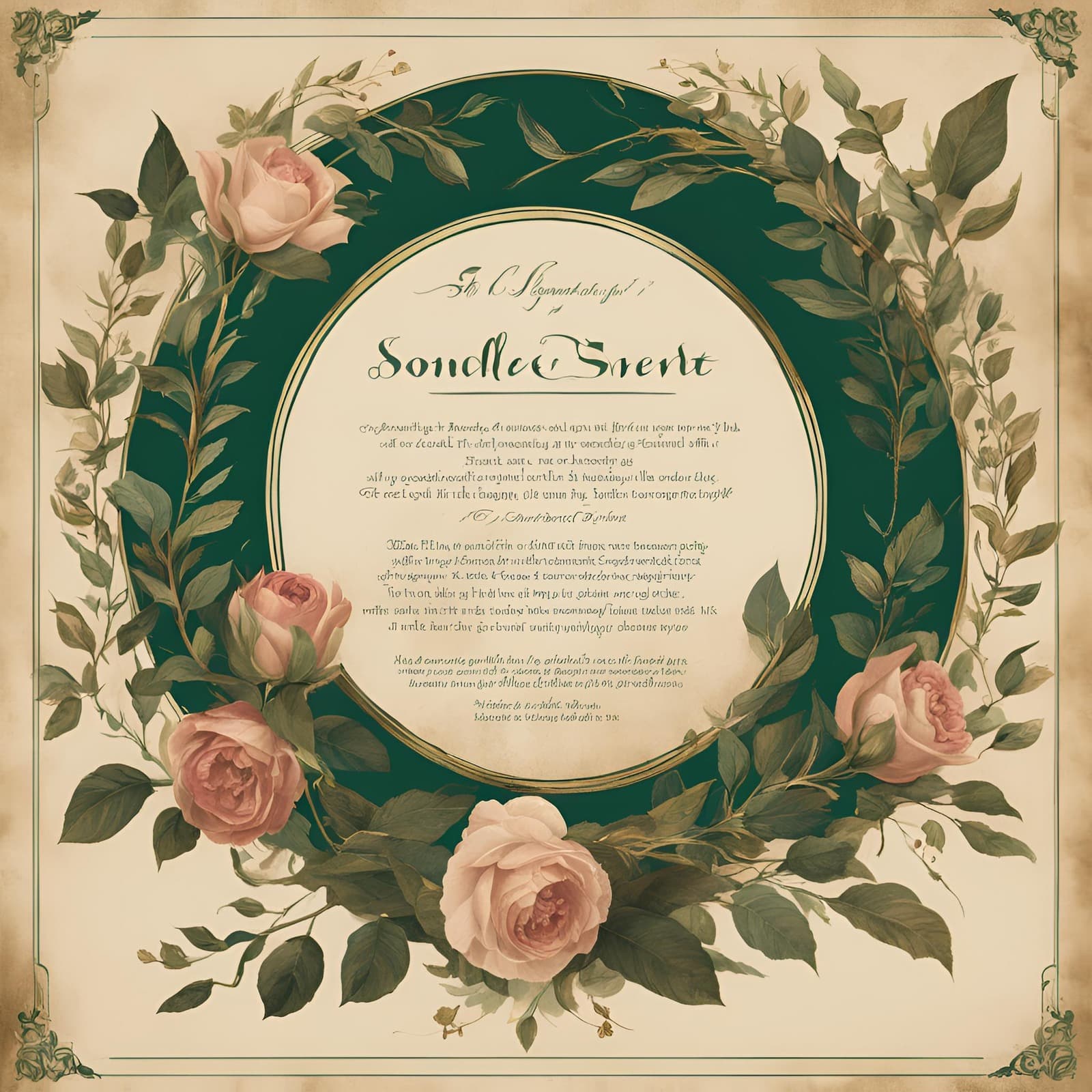莎士比亚十四行诗第99首 | 莎士比亚十四行诗
更新时间:1/19/2025, 12:32:31 PM

原文
The forward violet thus did I chide: Sweet thief, whence didst thou steal thy sweet that smells If not from my love’s breath? The purple pride Which on thy soft cheek for complexion dwells In my love’s veins thou hast too grossly dyed. The lily I condemned for thy hand, And buds of marjoram had stol’n thy hair; The roses fearfully on thorns did stand, One blushing shame, another white despair; A third, nor red nor white, had stol’n of both, And to his robb’ry had annexed thy breath; But for his theft, in pride of all his growth A vengeful canker eat him up to death. More flowers I noted, yet I none could see, But sweet or color it had stol’n from thee.
译文
对着早开的紫罗兰,我这样责备:
“你的香是哪儿来的,假如不是从
我爱人呼吸里偷来的,可爱的盗贼?
紫红驻在你嫩颊上,正是你从
我爱人脉管里唐突地染来的华美。”
我申斥盗用了你的素手的百合,
还有偷了你头发的薄荷花苞:
畏惧地站在枝头的玫瑰,白的,
偷你的绝望,红的,偷你的羞臊;
不红不白的,就把这两样都偷,
并且在赃物中加上你呼出的芳香;
但是,正当他生意蓬勃的时候,
向盗贼复仇的蛀虫就把他吃光。
我见过更多的鲜花,但从没见过
不偷盗你的香味和颜色的花朵。
注释
诗人说,所有的花都是他爱友的影子,因为花偷了他爱友的美。这一首诗共有十五行,其押韵法为1212l 3434 5656 77,在第一个四行组(quatrain)中多出一行来,是莎士比亚《十四行诗集》中唯一的一首。——第二至五行,是诗人对紫罗兰所说的话,所以这四行中的“你”是指紫罗兰,从第六行起“你”仍指他爱友。第八行:“畏惧”是由于“绝望”与“羞臊”(第九行),所以也是从他爱友那儿偷来的。第十行:“不红不白的”指一种杂色玫瑰,其实是红白相间,他(它)最后被尺蠖类的害虫吃掉。